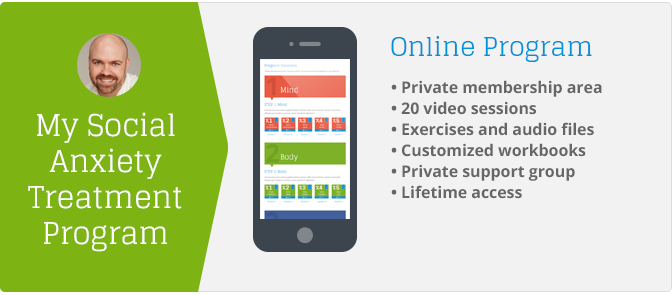Join Us for a Tweet Chat on May 12th and Help Break the Stigma!

Why is that if you break your arm, people start writing witty comments on the cast and holding the door open for you, but when you admit to having a mental illness, they often shy away from you or worry what to say when you’re around?
The simple fact is that having a broken arm doesn’t come with a social stigma, whereas mental illnesses do. Even worse, because of this social stigma, people living with mental illness can internalise their perceived discrimination which makes it harder to recover or accept treatment.
In 2000 – which is hardly the Dark Ages – a survey of more than 1700 UK adults revealed the most common stigmas were that people with mental health problems were dangerous, that some mental health problems such as substance abuse and eating disorders were self-inflicted, and that people with mental health issues were tough to talk to.
Other more recent studies have shown misconceptions about mental illness exist through all walks of life including family, teachers, doctors and work colleagues. This can lead to avoidance, social rejection, gossip and difficulty at work – even, in some cases, the failure to even get work.
Which is why the May is Mental Health Month 2015 campaign includes a number of initiatives designed to specifically target the stigma surrounding mental health.
HOW TO HELP BREAK THE STIGMA OF MENTAL HEALTH
Northwestern University’s #BreakTheStigma campaign features the work of “more than 45 mental health organisations that are spearheading initiatives to break social stigmas surrounding mental illness within our society” and asks people to get involved by tweeting them @CounselingatNU to show how you’re breaking the stigma using the hashtag #Breakthestigma; uploading a picture of yourself on social media with a written message about how you are breaking the stigma; and promoting someone breaking the stigma in your community by sharing their work with us on Twitter.
I’m going to be part of the expert panel for #BreakTheStigma’s live tweet-chat, which will bring together advocates and individuals interested in early-intervention initiatives for mental illness to talk about:
- What types of mental illness stigmas and common misconceptions exist?
- Why do stigmas prevent individuals from seeking help?
- Who are the leaders in the field who are raising awareness about mental illness?
- What recommendations do experts have for individuals who want to make a difference in their community?
- Share how YOU are breaking the stigmas around mental health!
You can join us on Tuesday, May 12, from 5pm PT, 8pm ET (that’s midday Wednesday if you’re following me in New Zealand) to discuss the ways stigmas prevent individuals from seeking help and listen to recommendations from experts on how we can help to break them.
In Ireland, the Green Ribbon Campaign run by See Change and the National Stigma Reduction Partnership is urging a national debate centred on challenging misconceptions and breaking the stigma using these five rules:
- Talk, but listen too: Simply being there will mean a lot.
- Take your lead from the person: As a first step, ask them how best you can help.
- Avoid the clichés: Phrases like ‘Cheer up’, ‘I’m sure it’ll pass’ and ‘Pull yourself together’ definitely won’t help – Being open minded, non-judgemental and listening will.
- Keep in touch: There are lots of small ways of showing support – Send a text or just ask someone how they are doing.
- Don’t just talk about mental health: Just be yourself, chat about everyday things as well.
The Brain & Behaviour Research Foundation has launched the #ScienceStopsStigma campaign and is posting daily stats, facts, myths and infographics on social media. “It focuses on sharing research-based scientific facts about the brain and psychiatric disorders in an effort to educate the public on the importance and impact of mental health science and research and help reduce the stigma of mental illness.”
The National Alliance on Mental Illness is asking people to take the simple and direct #StigmaFree pledge to “Learn about mental health – educate myself and others; see the person not the illness – strive to listen, understand, tell my own story; take action – spread the word, raise awareness, make a difference”.
Next post: Congratulations to The Nutters Club!
Previous post: Introducing “The Confident Mind” Podcast



